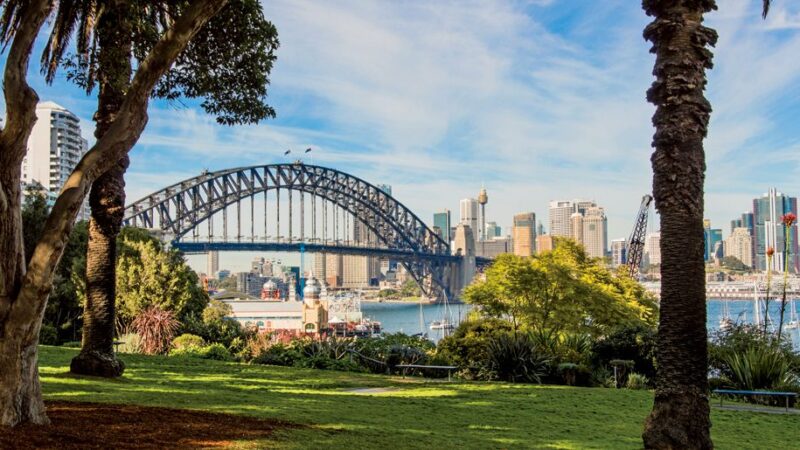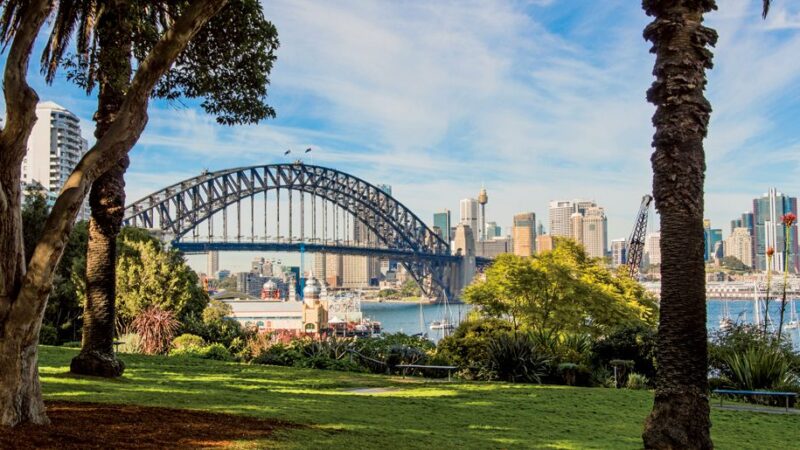Australia’s Overseas Travel Ban Extends Until December
Additional three months of emergency restrictions put at risk Qantas’ plans to reopen international flights
September 8, 2021

Australia has added another three months to the country’s emergency COVID-19 restrictions, effectively banning outbound overseas travel until mid-December.
The move by the Department of Health comes after the Australian Health Protection Principal Committee concluded “the international COVID-19 situation continues to pose an unacceptable risk to public health.”
Australia’s “human biosecurity emergency period,” which was instituted in March 2020, will now stay in effect until at least Dec. 17.
The restrictions include rules “generally forbidding Australian citizens and permanent residents from leaving Australian territory by air or sea as a passenger,” although certain exceptions apply. The rules also forbid carriers from transporting Australian citizens to foreign destinations.
The extension may put in jeopardy plans by Australian flag carrier Qantas, announced just days ago, to resume its international services by mid-December. The schedule would include flights to its gateway cities in the US and other international destinations.
The plan was based on the government’s projections that Australia would reach vaccination threshold of 80 percent in December – what the National Cabinet calls ‘Phase C’ – which would trigger the gradual reopening of international borders.
However a spike in domestic COVID-19 cases has forced Australian health officials to impose new restrictions, including limitations on state-to-state travel and stay-at-home orders in high-risk areas. In addition, the rising numbers in Australia forced New Zealand to suspend the travel bubble between the two countries in July.
The Australian government’s goal is to see between 70 and 80 percent of the country to be fully vaccinated before easing international border restrictions. Currently about a third of the population has been vaccinated, according to government data, up from only about 6 percent at the end of June.
Qantas says its “gradual restart” assumes that Australia’s two most populous states – New South Wales and Victoria – will lift most border restrictions to the rest of the country by Dec. 1, and an easing of international travel restrictions would follow.
“We know there’s huge underlying demand. People don’t want another Christmas where they are isolated from their families, let alone internationally,” CEO Alan Joyce told CNBC. With rising vaccination rates, Joyce said the hope is that “by Christmas, we will see markets like Singapore, the UK, Japan and the US open up as well.”




